
Pro přidání musíte být přihlášen!!
Total Housing
Alternatives to urban sprawl
| Autor: | Tihamer Salij, Albert Ferre |
| Nakladatelství: | ACTAR |
| Rok vydání: | 2010 |
| ISBN: | 978-84-96540-88-0 |
| Formát: | 396 stran, 18 x 26 cm, brožovaná vazba |
| Jazyk: | anglicky |
| Běžná cena: | 975 Kč |
| Naše cena: | 880 Kč (bez 0 % DPH: 880,00 Kč) |
| 36,97 € (bez 0 % DPH: 36,97 €) | |
| Skladem: | 0 ks (standardní doba expedice do 7 dnů) |
Total Housing is a demonstration of the virtues of high and medium density multi-family homes, and an antidote to urban sprawl. The selection of works in Total Housing spans a period coinciding with the height of the housing boom, and consequent bust, experienced in most “developed” economies in the first decade of the 21st century.
From among the vast built production of this period, Total Housing selects 61 projects from 22 countries that exemplify outstanding innovations in construction systems, spatial organization, models of unit aggregation, and integration of the residential program into the complex of functions that make up our cities.
This book is a design manual as much as a reference for future good practices. Its structure follows a simple sequential order of the number of homes included in each project, revealing that interesting design solutions are found in big and small projects alike. The book also contains detailed plans of 17 of the featured projects.
The projects are presented in order of the number of units, from 4 to 750. A number of the buildings are fairly well known, gracing numerous publications elsewhere (SHoP Architects' Porter House Condo, Elemental's Quinta Monroy, BIG/JDS's Mountain Dwellings, Steven Holl's Linked Hybrid); a few have been featured on this web page (SVA's Condominium Trnovski Pristan, Coll-Leclerc's LV Building Complex, MVRDV's Mirador, Lundgaard & Tranberg's Tietgen Residence Hall); and others are unknown (to me) gems that stand out from the rest (Senan Abdelqader's Mashrabiya House, NL Architects' Funen Block K, Njiric Arhitekti's Rural Mat, Koko Architects' Fahle Building). Overall the selection if exemplary, to agree with the book's own appreciative, back-jacket assessment. Even though the collection is fairly Euro-centric, the diversity is great, be it the number of units, project heights (most are mid-rise, but towers and walk-ups are included), and location. Accompanying the book is a Total Housing web page with supplementary videos and interviews.
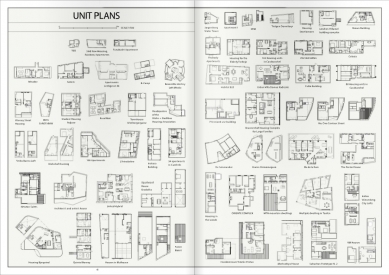
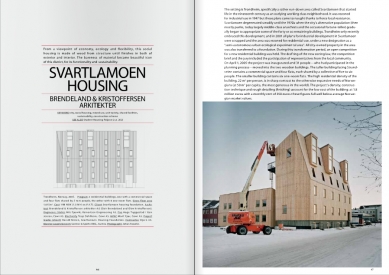
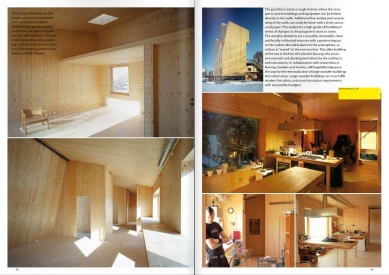
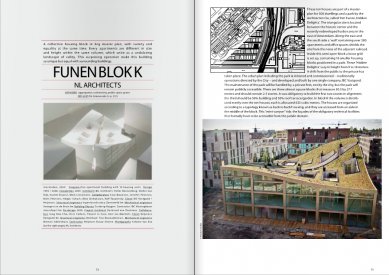
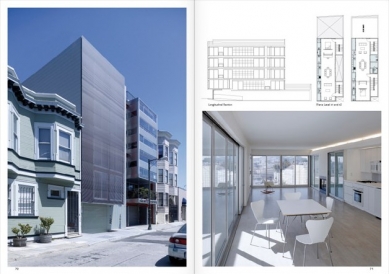
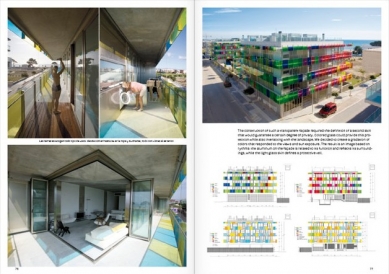
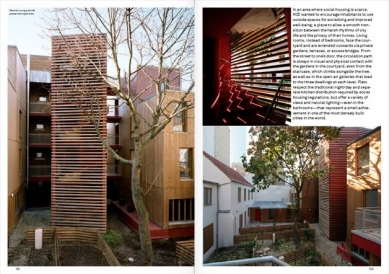
Referenční stavby
Související
|
|
|
|
0 komentářů
přidat komentář













